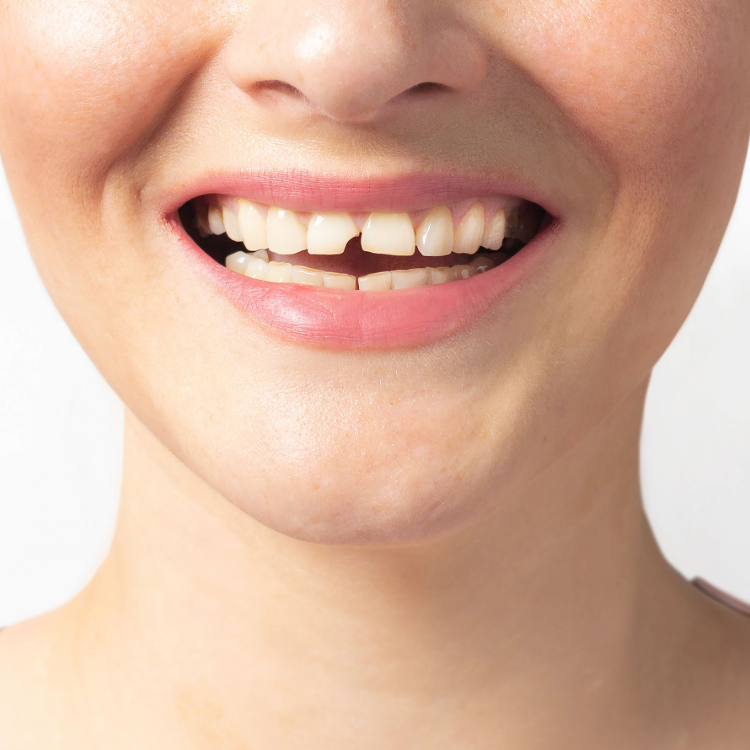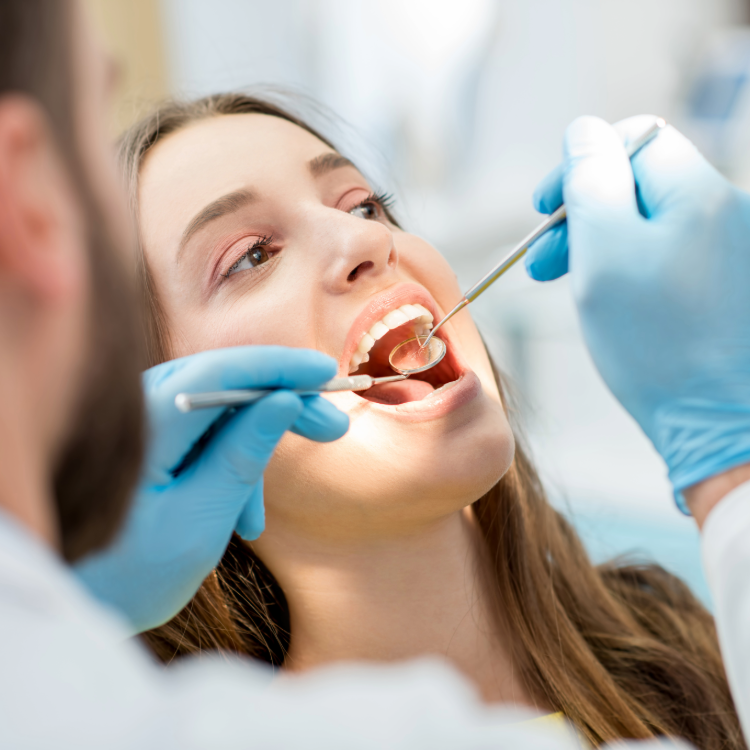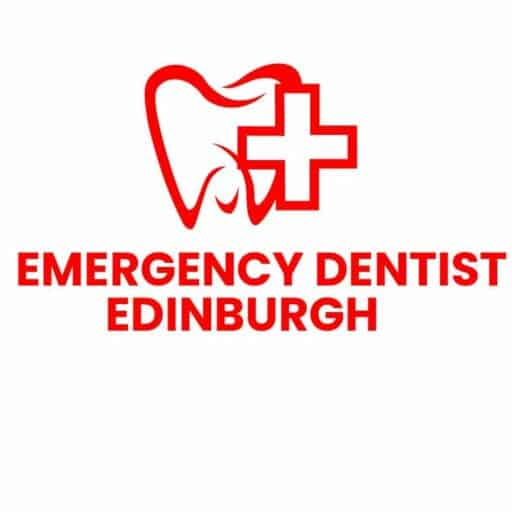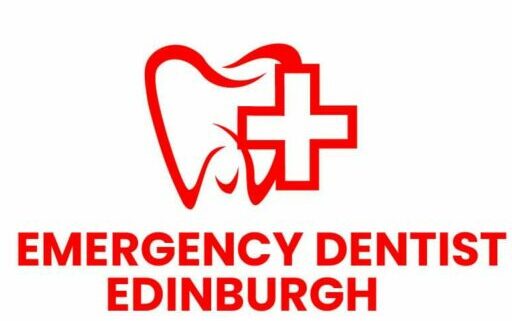
Emergency Dental Care for Chipped tooth Cracked Teeth
At Emergency Dentist Edinburgh, we understand that dental emergencies can’t wait. That’s why we offer private emergency dental services 7 days a week to address urgent issues such as chipped or cracked teeth. If you suspect you have a dental emergency, don’t hesitate to contact us immediately.
Do you have a chipped tooth or cracked tooth?
A chipped tooth or cracked tooth can happen in a blink of an eye, whether from an accident, biting down on something hard, or due to tooth decay weakening the enamel. Identifying a chipped or cracked tooth quickly is crucial for preventing further complications. Symptoms might include:
- Sudden pain during eating or when the tooth is exposed to temperature extremes
- Sensitivity to sweet, hot, or cold foods and drinks
- Visible damage to the tooth such as minor cracks or bigger fractures
- Sharp tooth edges that irritate the tongue or inner cheek
- Swelling or discomfort around the affected area
If you notice any of these signs, contact us immediately to take advantage of our emergency dental services
Problems Caused by a Chipped or Cracked Tooth
A chipped tooth or cracked tooth can lead to several dental problems if not promptly and properly treated. First and foremost, such damage can expose the tooth’s inner layers, making it more vulnerable to infection and decay. This exposure can also cause severe pain, especially if the crack reaches the nerve center of the tooth.
Additionally, a damaged tooth is structurally weakened, which increases the risk of further breakage and might eventually lead to tooth loss if the integrity of the tooth is compromised beyond repair. Furthermore, the jagged edges of a chipped or cracked tooth can irritate or even cut the soft tissues inside the mouth, such as the tongue, cheeks, and gums, leading to discomfort and possible infections.
In summary, it is crucial to address a chipped tooth or cracked tooth swiftly to avoid these complications and maintain oral health.

How We Fix a Chipped Tooth
Our emergency dental care services are designed to address your needs promptly and efficiently. Depending on the extent of the damage, we offer several treatment options:
Dental Bonding
This is a quick fix for minor chips, where a composite resin is shaped to cover the damage and restore the tooth’s appearance.
Porcelain Veneers:
Ideal for front teeth that are chipped or cracked; veneers provide a new front surface for the tooth, improving both strength and aesthetics.
Dental Crowns
For extensive damage, a crown may be necessary to fully encapsulate the tooth and restore its function and form.
Root Canal Therapy
If the crack has penetrated into the pulp, root canal therapy may be required to remove infected material and protect the tooth from further damage.
What Causes Chipped tooth or Cracked Teeth?
Chipped tooth or cracked teeth can result from a variety of factors, often occurring when you least expect them. Understanding the common causes can help you take preventive measures to protect your oral health. The primary causes include:
- Accidents and Trauma: Falls, sports injuries, or accidents that impact the mouth can easily chip or crack teeth.
- Biting on Hard Objects: Chewing on hard foods like ice, hard candies, or nuts can cause damage.
- Poor Dental Hygiene: Neglecting regular dental care can lead to decay, which weakens teeth and makes them more susceptible to chipping.
- Sudden Temperature Changes in the Mouth: Consuming extremely hot food followed by an ice-cold beverage can cause thermal shock, leading to cracks.
- Age: As teeth age, they naturally weaken and become more prone to cracking.
- Large Fillings or Previous Dental Procedures: Teeth that have been significantly weakened by large fillings or other dental work are more likely to crack under pressure.
What Are the Symptoms of Cracked and Chipped Teeth?
Identifying the symptoms of cracked and chipped tooth early on is vital for preventing further complications and achieving the best possible outcome for your dental health. Common symptoms include:
- Visible Cracks or Chips: Sometimes you can see a fracture or chip with the naked eye or feel it with your tongue.
- Pain When Chewing: Cracked teeth often hurt when you bite down in a certain way because chewing can cause the pieces of a cracked tooth to move, and the pulp inside the tooth may be irritated.
- Sensitivity to Temperature or Sweetness: A cracked or chipped tooth may cause a sharp, sudden pain in response to hot, cold, or sweet foods and beverages.
- Swelling of the Gum: Swelling around a damaged tooth could indicate that the crack has extended into the root.
Book Same Day Appointment
Don’t wait! If you’re dealing with a dental emergency, Our clinic is open 7 days a week. You can book an emergency appointment by calling us 01316291158 or by booking an appointment online
Emergency Consultation Fee: £95.00 X-rays and treatment costs are not included



